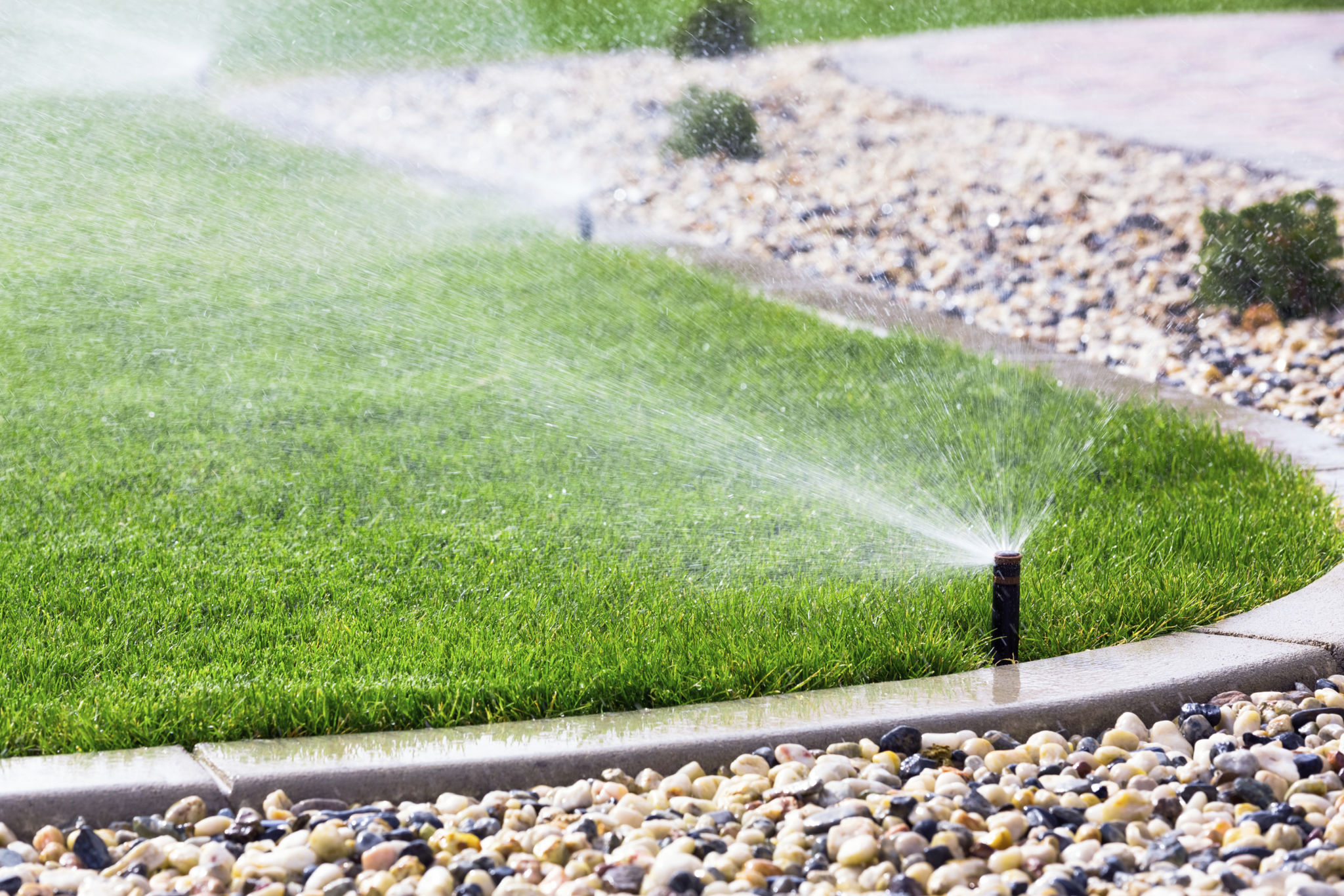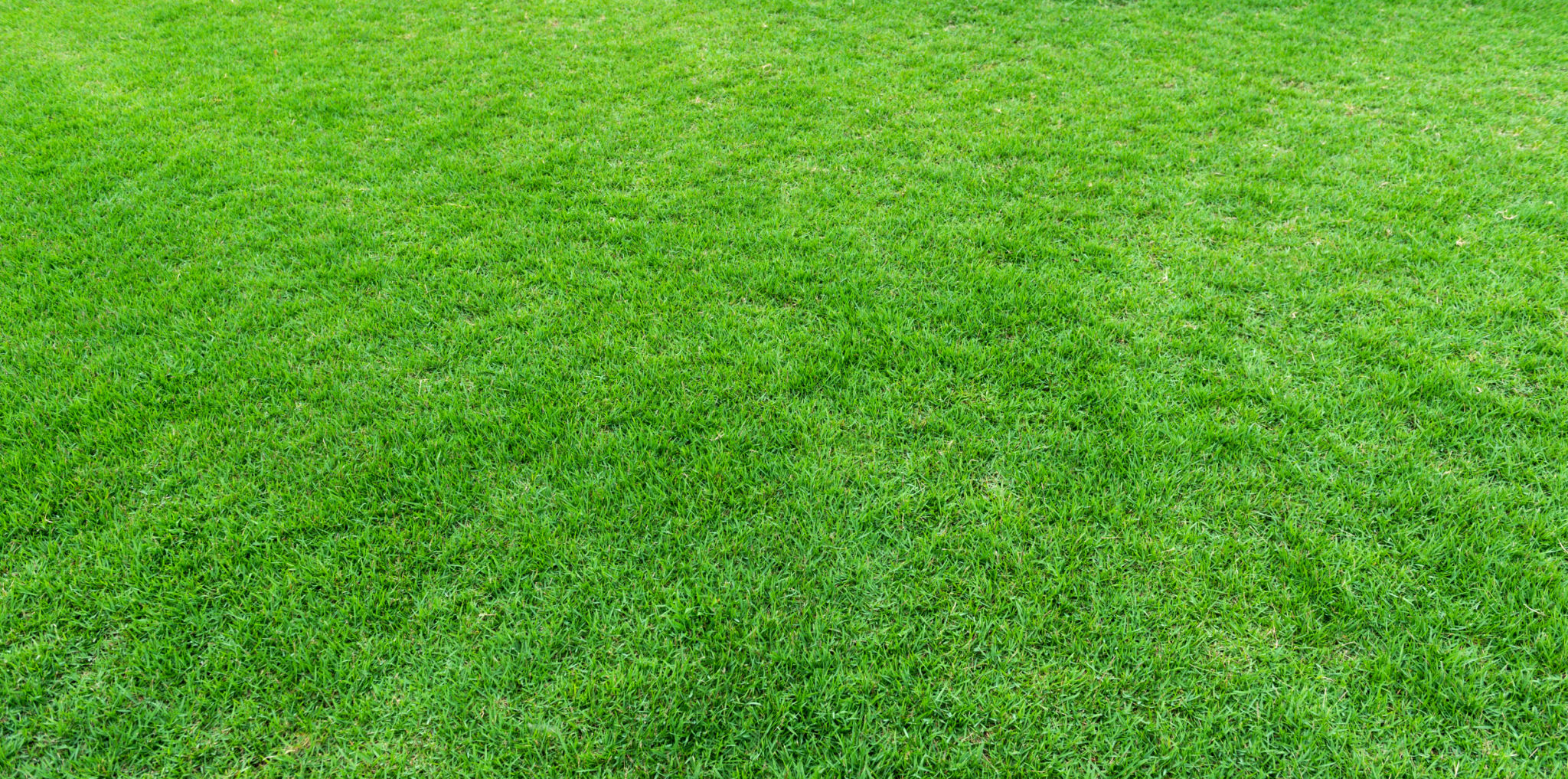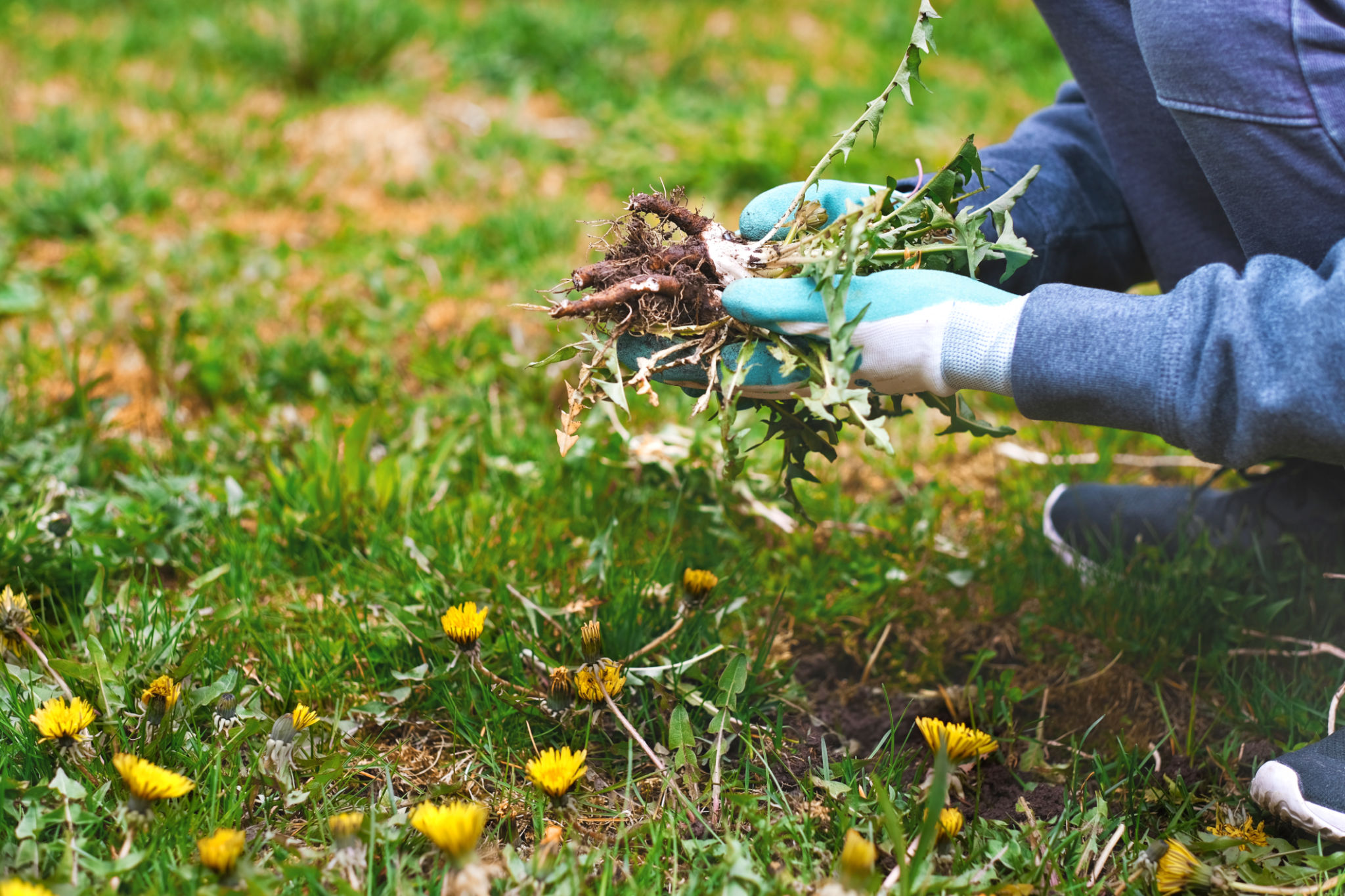Common Lawn Care Mistakes and How to Avoid Them
Overwatering Your Lawn
One of the most common mistakes homeowners make is overwatering their lawns. While it's essential to keep the grass hydrated, too much water can lead to a host of problems, including root rot and increased susceptibility to disease. Lawns typically require about one inch of water per week, including rainfall.
To avoid overwatering, use a rain gauge to monitor precipitation and adjust your irrigation schedule accordingly. Water your lawn early in the morning to reduce evaporation and allow the grass to dry before nightfall, which helps prevent fungal diseases.

Mowing Incorrectly
Proper mowing practices are crucial for maintaining a healthy lawn. Cutting the grass too short, known as scalping, can weaken the grass and make it more vulnerable to weeds, pests, and diseases. Conversely, letting your grass grow too long before mowing can also cause issues by creating an uneven surface and promoting thatch buildup.
Set your mower blades to the correct height for your grass type, typically around 2.5 to 3 inches. Regularly sharpen mower blades to ensure clean cuts, which help the grass heal quickly and reduce stress on the lawn.

Neglecting Soil Health
A beautiful lawn starts with healthy soil. Ignoring soil health can lead to nutrient deficiencies and poor grass growth. Conduct a soil test every few years to determine nutrient levels and pH balance. This information will guide you in selecting the appropriate fertilizers and soil amendments.
Consider adding organic matter such as compost to improve soil structure and fertility. Aerate compacted soil to enhance root growth and water infiltration, especially in high-traffic areas.

Ignoring Weed Control
Weeds are not just an eyesore; they compete with your grass for water, nutrients, and sunlight. Ignoring weed control can quickly turn a healthy lawn into a patchy mess. Implement a proactive weed management strategy using pre-emergent herbicides in early spring to prevent weeds from germinating.
For existing weeds, use post-emergent herbicides or manually remove them by hand or with specialized tools. Regular mowing at the right height also helps prevent weeds from seeding and spreading throughout your lawn.

Inconsistent Fertilization
Fertilization is key to maintaining a lush, green lawn, but it must be done consistently and appropriately. Over-fertilizing can burn your grass, while under-fertilizing can lead to nutrient deficiencies. Use a slow-release fertilizer tailored to your grass type and apply it according to the recommended schedule—typically during spring and fall.
Be mindful of environmental conditions; avoid fertilizing during drought or when heavy rain is expected, as this can lead to runoff and pollution of nearby water sources.
Poor Pest Management
Pests such as grubs and chinch bugs can cause significant damage if not managed properly. Signs of pest damage include brown patches, thinning grass, and visible insects. Regularly inspect your lawn for signs of pest activity and identify the specific pests involved.
Implement an integrated pest management approach, using natural predators or environmentally friendly pesticides when necessary. Maintaining a healthy lawn through proper watering, mowing, and fertilization can also reduce pest infestations by making your lawn less attractive to invaders.
